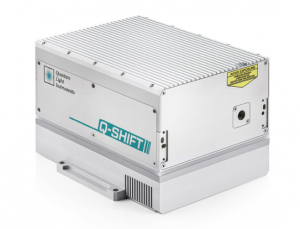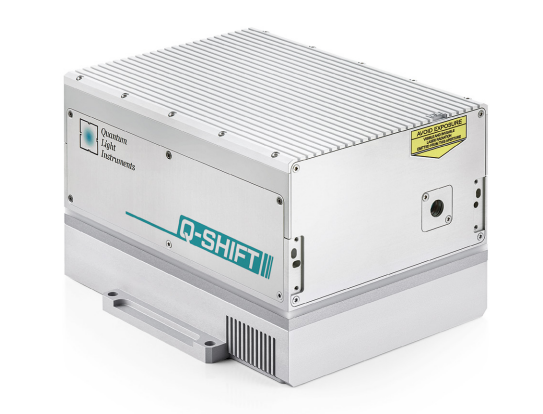180uJ Lasers
Unlike continuous wave lasers, the output of these 180uJ pulsed lasers cannot be specified by their output power alone. This is because the output power of a pulsed laser is determined by three different parameters, the laser’s pulse width, pulse energy, and pulse repetition rate.
On this page, we have a list of all of the 180uJ lasers offered by RPMC. If you don’t see a laser with the parameters needed, most of our lasers can be modified for your needs.
If you need help selecting the best laser for your application, or defining the laser requirements for a specific application, please contact our product manager for assistance.
| Picture | Part Number | Type | Wavelength (nm) | Output power (W) | Pulse energy (uJ) | Pulse width | Rep rate | Q-switch type |
|---|---|---|---|---|---|---|---|---|

|
Quantas-Q-SHIFT-388 | Pulsed DPSS Lasers | 388 | 0.060, 0.096, 0.120 | 180.0, 360.0, 750.0, 1250.0, 1500.0, 1800.0 | 2ns - 5ns | 10Hz, 20Hz, 33Hz, 50Hz, 100Hz | Active |

|
Quantas-Q-SHIFT-393 | Pulsed DPSS Lasers | 393 | 0.060, 0.096, 0.120 | 180.0, 360.0, 750.0, 1250.0, 1500.0, 1800.0 | 2ns - 5ns | 10Hz, 20Hz, 33Hz, 50Hz, 100Hz | Active |

|
Wedge-HF/XF 1064 | Pulsed DPSS Lasers | 1064 | 1.5, 4.0 | 70.0, 180.0 | 400ps - 1.5ns, 400ps - 1.6ns, 700ps - 2.5ns | 10kHz to 100kHz, 50kHz to 200kHz | Active |

 SHIPS TODAY
SHIPS TODAY 
